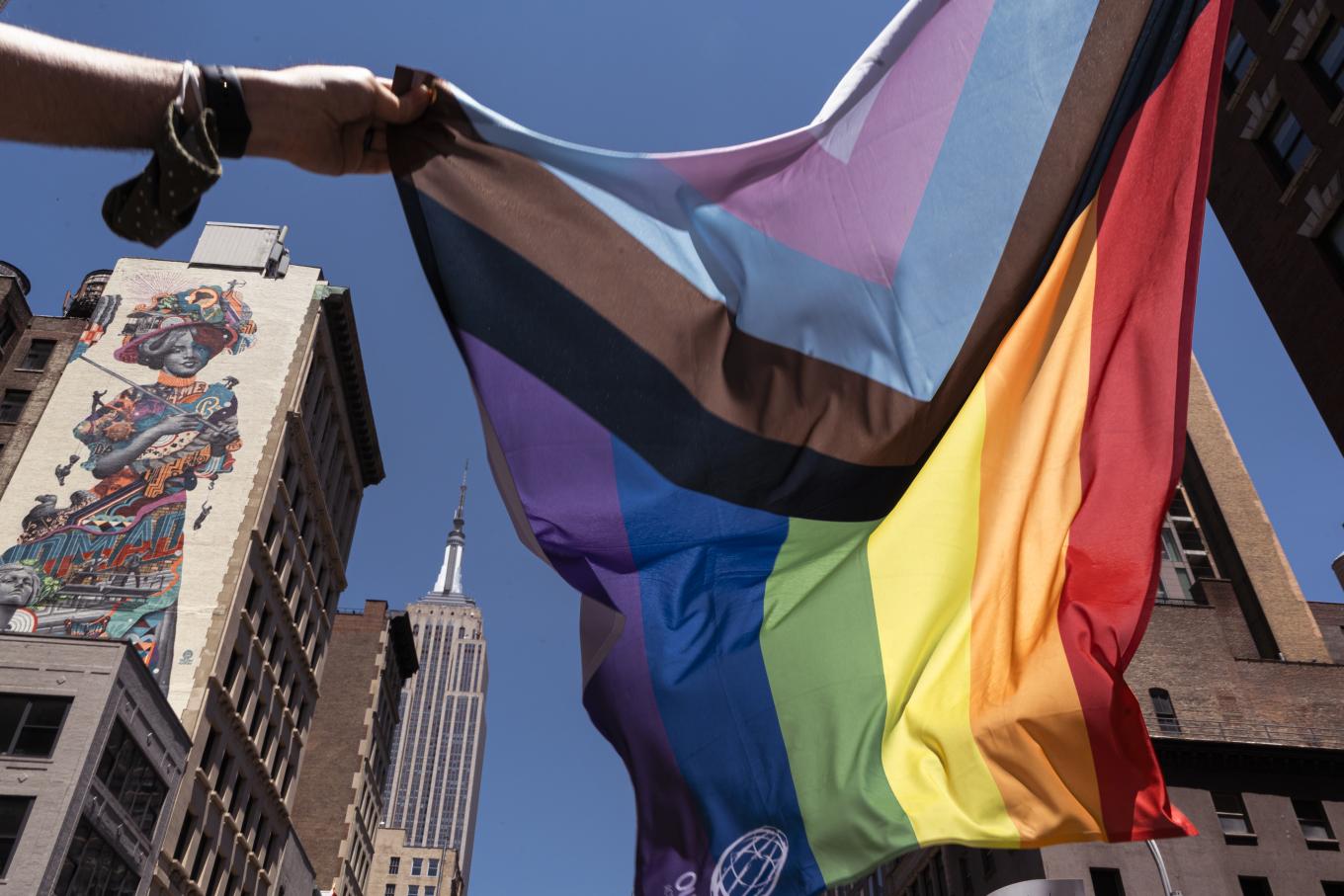
Country Overview
South Africa
At a glance
View more for this country:
In 1996, South Africa became the first country to ban discrimination on the basis of sexual orientation constitutionally. In 2002, it became legal for same-sex couples to adopt, and marriage equality became a reality in 2005, with the Civil Union Act taking effect in 2006. Since 2003, transgender and intersex persons have been able to amend their sex markers through the Alteration of Sex Description and Sex Status Act. This legislation requires medical evidence of an applicant’s alteration of their sex characteristics, which pathologizes transgender identities. There is a movement by activists to reform this law and provide for gender recognition through self-determination, which would also clarify the position on intersex status.
There are many South African LGBTIQ activist groups, and annual Pride events are held in various cities across South Africa. LGBTIQ representation in pop culture is strong and relatively diverse. However, despite progressive legislation and broad public support for the human rights of LGBTIQ people, there are still high levels of violence, including sexual assault and murder of LGBTIQ people. LGBTIQ youth have indicated that harassment and bullying persist, leading to mental anguish and barriers to education. Many LGBTIQ persons who are economically disadvantaged continue to face discrimination in accessing public services, such as education, justice, social benefits, and health care services. Activists also report that survivors of hate crimes hesitate to report acts of violence to the police as a result of negative experiences.
Intersex people have gained some protections, including the Promotion of Equality and Prevention of Unfair Discrimination Act, which, as amended in 2005, groundbreakingly interpreted the definition of “sex” to include intersex people. Therefore, the law now promotes equality for intersex people, protecting them from unfair discrimination, harassment, and hate speech. However, intersex children are still routinely subjected to medically unnecessary and harmful genital surgeries without their consent.
*Outright research indicates that the bodily autonomy of intersex people is not respected and protected in this country.
Global Impact
Sub-Saharan Africa
Outright supports LGBTIQ organizations in Sub-Saharan Africa and works with mainstream human rights organizations to respect human rights and influence positive changes in laws, policies, attitudes and beliefs that cause discrimination against LGBTIQ people.
United Nations
Our work at the United Nations centers around advocating for the advancement of the rights of LGBTIQ people.
View this regionAsia
Our work in Asia promotes acceptance of sexual and gender diversity at all levels of society.
View this regionSouthwest Asia and North Africa
In the Southwest Asia and North Africa, we partner with local groups in various countries as part of our international solidarity work. We also work with our local partners on different topics through capacity building, advocacy, research and holistic security.
Europe and Central Asia
Outright International partners with activists to fight for an end to human rights violations based on sexual orientation, gender identity and gender expression in Europe and Central Asia, where most of our work involves emergency responses to harassment, discrimination, violence, and most recently, Russia’s brutal and expanded invasion of Ukraine.
Americas
Our work in the Americas continues to build on the fundamental and positive transformation of human rights protections in recent years. We partner with groups in the Caribbean that focus on ending gender-based violence and eradicating discrimination against trans people.
Pacific
Our work in the Pacific aims to increase the visibility of activists, respond to human rights emergencies, and actively bridge local, regional, and international activism to achieve equality and justice.
Global
View this region
Human Rights Research
Since 1990, we have partnered with activists from all over the world to produce hundreds of groundbreaking reports.
Read Our Reports